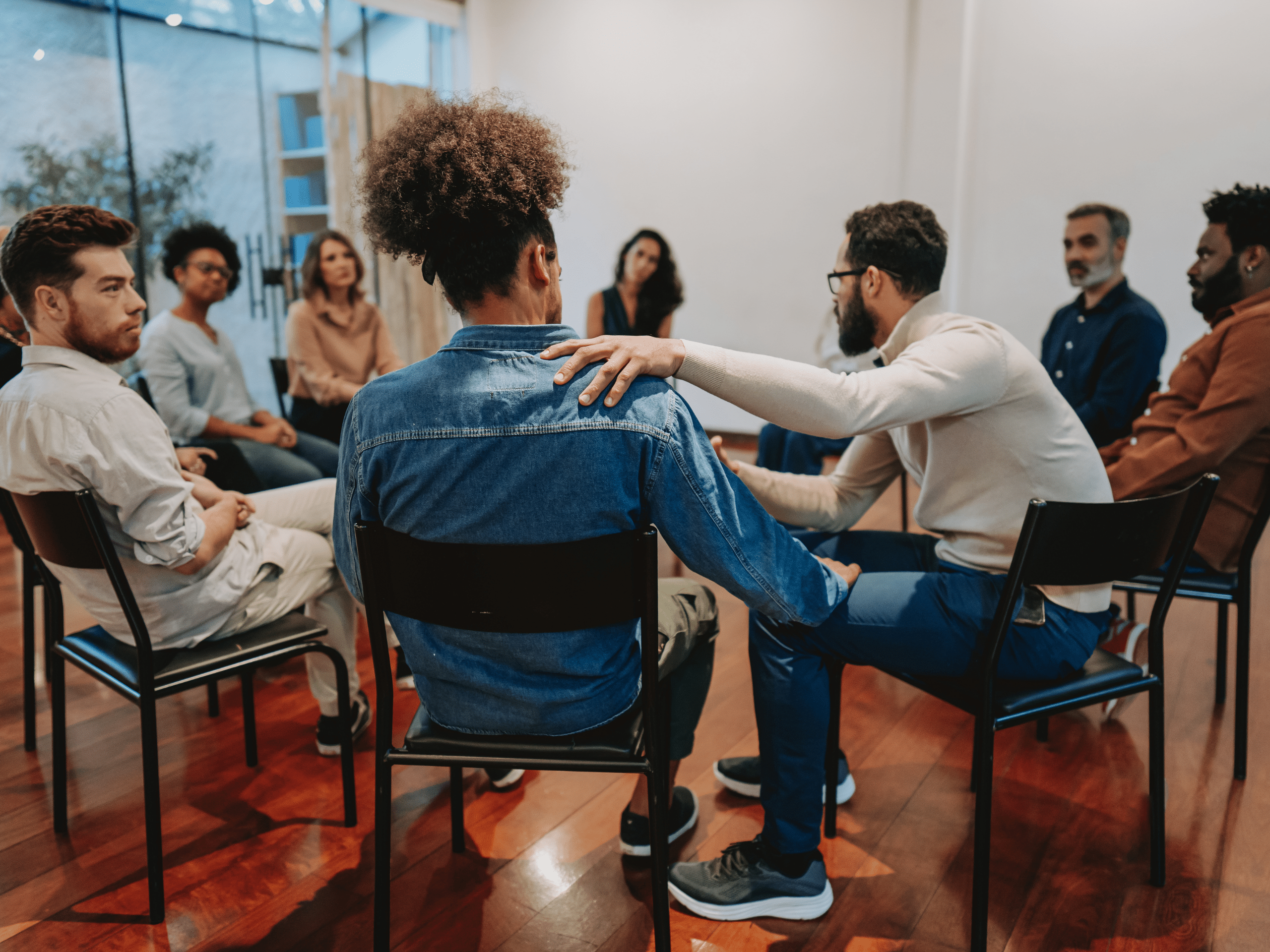Medically Reviewed by Dr. Mohammed Saeed, MD.
Addiction spares no one. It affects the family of the addict just as much as it affects the addict. Substance abuse and marital problems feed off one another, creating a spiral that only gets worse unless someone makes a difficult choice. It is common to become angry, frustrated, or disappointed with an addicted spouse. They may not be meeting work or family responsibilities, putting the family in financial trouble or uncomfortable situations. Addiction can lead to separation or divorce, eventually destroying a couple by undermining trust.
There are several ways you can help your spouse, not the least of which is helping yourself.
1. Learn About Addiction
You can manage the inevitable negative emotions better if you understand what addiction is and how it works.
Addiction is a complex physical, emotional, and psychological condition. It is not a moral failing or even a conscious choice — and most certainly not a lack of willpower. Addictive substances change the way the brain works, affecting self-control, memory, decision making, and behavior. Desire and willpower may not be strong enough to overcome the brain’s dependency on the drug.
The National Institute on Drug Abuse is a great place to find articles and links to resources, but you can also reach out to your doctor or local addiction treatment center. They can provide information about addiction, treatment options, and how the rehab process actually works, as well as experienced advice.
Talk to your spouse from a place of genuine concern and knowledge rather than one of anger and blame. Educating yourself can help you focus on the problem instead of blaming the person.
2. Set Boundaries
You’ll instinctively want to help your partner — maybe pick up the balls they’ve dropped due to their addictive behavior. This does more harm than good, however, because it shields the addict from the consequences of their actions and shows them that, to some extent, their behavior is acceptable. Do not enable their addiction.
The best thing to do is to set firm boundaries and let them know the consequences of breaking those boundaries. The purpose is simple — to avoid creating conditions where your partner can continue their self-destructive behavior and to ensure the safety of other family members.
Clarify that you will not lie for your spouse, make any excuses to family or friends, or help cover up their addiction. Let your spouse explain things and take responsibility.
3. Encourage Treatment
The critical first step is for both of you to acknowledge their addiction and the problems it causes, staging an intervention if needed. Emphasize how much you care and show them you will support them through their recovery.
Most addicts won’t accept treatment the first time it is discussed. Continue to suggest professional help no matter how many times they refuse. Your spouse needs to hear that treatment is the proper way to end their dependency.
Once they enter recovery, show support by attending open 12-step meetings with them, taking part in couples or family therapy, and encouraging them to do what is necessary to achieve sobriety.
Prepare a “recovery-friendly” home for your spouse’s return. Remove any alcohol and illegal drugs, and secure any prescription drugs. Consider a sober housing program that can provide a safe transition from rehab back to home.
4. Develop Coping Strategies
Supporting an addicted partner can be a massive strain on your own mental, emotional, and physical health. While they focus on recovery, more of the day-to-day household and financial responsibilities fall to you. It is all too easy to become frustrated, resentful, or bitter.
Recovery is a long process, and you won’t see results overnight. That is why it is vital for you to take care of yourself and find strategies to cope with the strain.
Build a support system of trusted family and friends, or even a therapist — people you can turn to for advice. Support groups such as Nar-Anon are dedicated to helping the families of addicts. They provide community and support from others who have experienced the same challenges.
Things To Remember When Helping A Spouse Who Struggles With Addiction
As you help your loved one, keep the following in mind.
- Expect setbacks. Many people relapse or have rough patches as they try to rebuild their lives. This is a normal part of the recovery process.
- Accept that your relationship will be different after recovery. Addiction changes people, as does recovery. Most times, your relationship will emerge stronger. Many recovering addicts embrace a new, healthy lifestyle, so it is a fresh start for many.
- Be supportive. Studies have shown that couples working together during rehab have a higher success rate than single individuals. Family therapy helps to strengthen relationships and support abstinence by improving communication, problem-solving skills, and coping strategies.
- Take care of yourself. Addiction is a chronic disease — no one chooses to be an addict. Recovery can be extremely difficult for the non-addicted partner. Take care of your own emotional, mental, and physical health so you can support your spouse on their journey back.
Why Choose Into Action Recovery Centers?
We are passionate about sharing the process involved in living a drug and alcohol-free life. Our comfortable facility is designed with the client’s needs foremost in mind. Our staff includes master’s level counselors, licensed chemical dependency counselors, 24-hour nursing professionals, a staff psychiatrist, a staff chef, and direct care personnel. Our counseling staff provides individualized treatment and care for our clients with an emphasis on tailoring treatment to the specific needs of each individual. Additionally, our staff provides family counseling, relapse prevention, life skills, and grief and trauma counseling.




